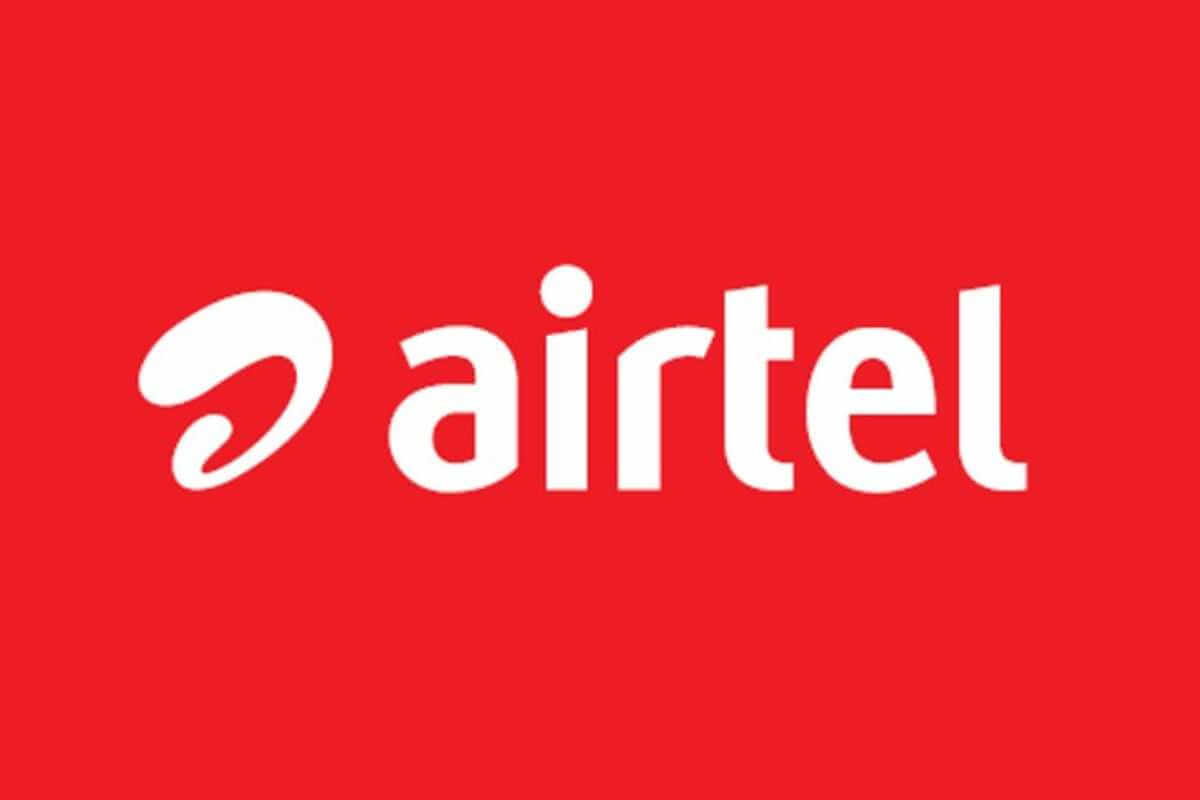In Short:
India has allowed local satellite companies to use foreign orbital resources for the first time, giving a boost to the country’s space sector. This decision will help Indian players access surplus international satellite capacities, leading to better satcom services at competitive rates. Companies need authorizations from both IN-SPACe and the ITU to use non-Indian orbital resources. This move is expected to bring more competition and better services in the sector.
Kolkata: India’s recent decision to permit local satellite companies to utilize foreign orbital resources marks a significant milestone in boosting private sector involvement in the country’s space and satellite industry.
Benefits of the Decision
Industry experts and executives emphasize that this move will enable Indian players to leverage surplus international satellite capacities to offer satellite communication (satcom) services at competitive rates within India.
Foreign orbital resources refer to non-Indian orbital slots and associated frequencies utilized for satellite operations in space. These slots act as parking spaces for satellites to operate at specific frequencies and provide satcom services over designated regions.
Implementation Guidelines
According to the guidelines released by the national space regulator, IN-SPACe, Indian satellite companies seeking to utilize non-Indian orbital resources for delivering satcom services in India must apply to the International Telecom Union (ITU) in Geneva. Moreover, they require authorization from IN-SPACe to ensure non-interference with existing satellite networks.
Implications for the Sector
T V Ramachandran, President of Broadband India Forum (BIF), hailed the government’s decision as a positive step towards introducing competition in the satcom sector. This move is expected to enhance service quality and affordability for consumers.
Industry Perspectives
Pranav Roach, President of Hughes Network Systems India Ltd, highlighted the enhanced flexibility for satcom players to offer broadband services in India with access to foreign orbital resources.
Another industry executive emphasized that permitting access to non-Indian orbital resources would attract more Indian companies to venture into the space services domain, providing them with additional commercial options. Furthermore, the potential for partnerships with international companies could also be a catalyst for growth in the Indian space sector. For example, the recent NTT Docomo expansion into the Indian market has created opportunities for collaboration in the satellite communications industry. By allowing access to non-Indian orbital resources, the Indian space services domain could see further integration with global players, leading to significant advancements in technology and market reach.
Future Prospects
The opening up of access to foreign orbital resources coincides with the interest of leading global players like Elon Musk’s Starlink, Bharti-backed Eutelsat OneWeb, and others aiming to tap into India’s burgeoning satcom market.
Regulatory Compliance
BIF’s Ramachandran emphasized the requirement for adhering to eligibility criteria and transferring the rights of using orbital slots to the Indian administration in alignment with ITU guidelines.
The decision aligns with ITU’s role in managing global radio spectrum and orbital resources to ensure seamless operations of global satellite systems.





